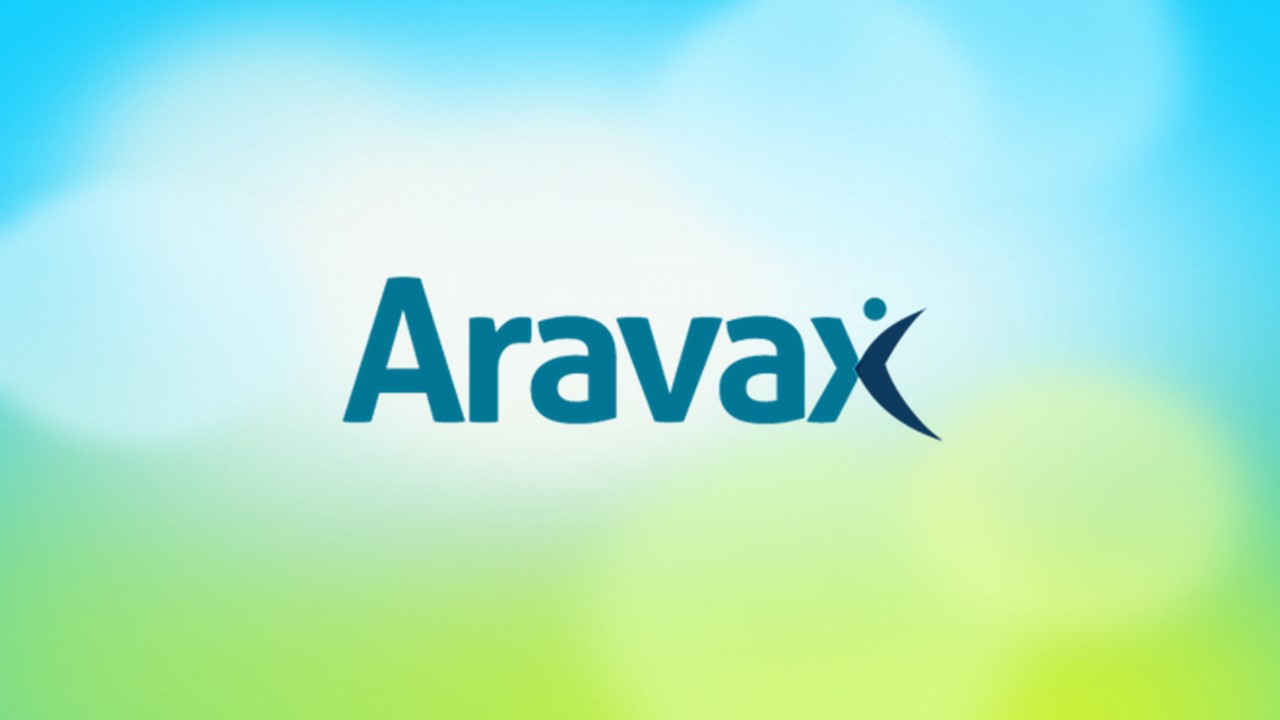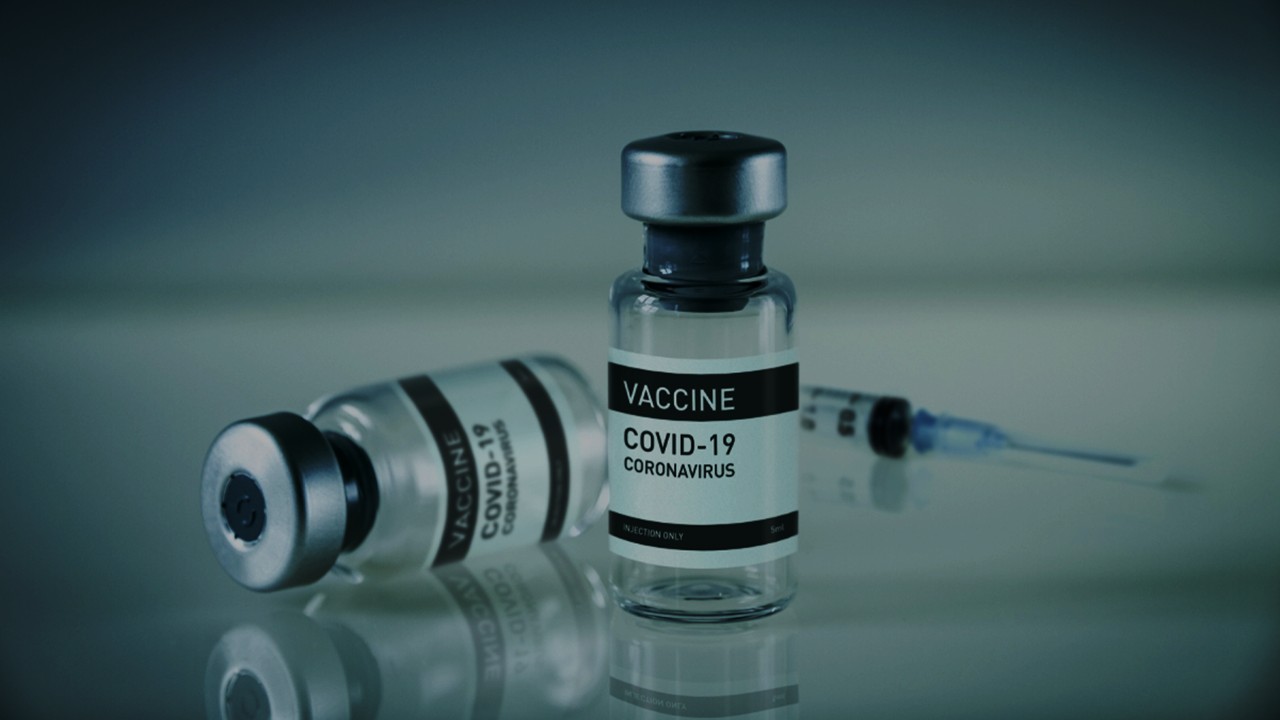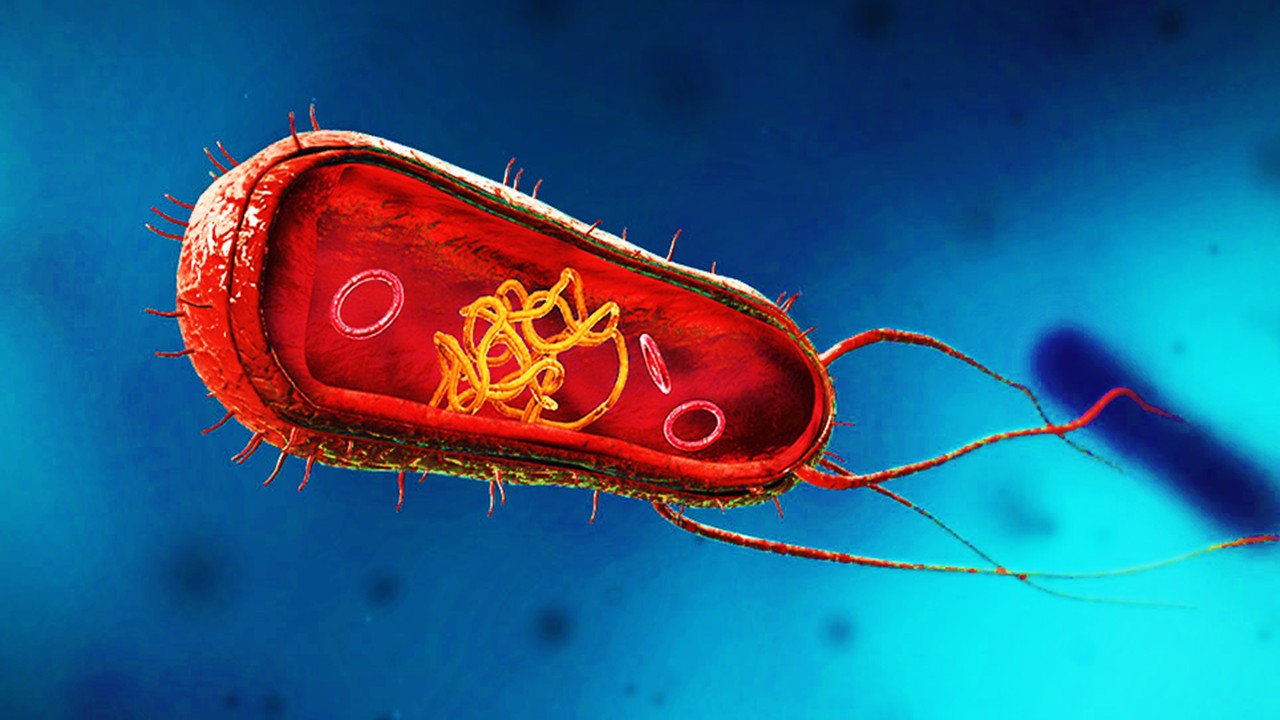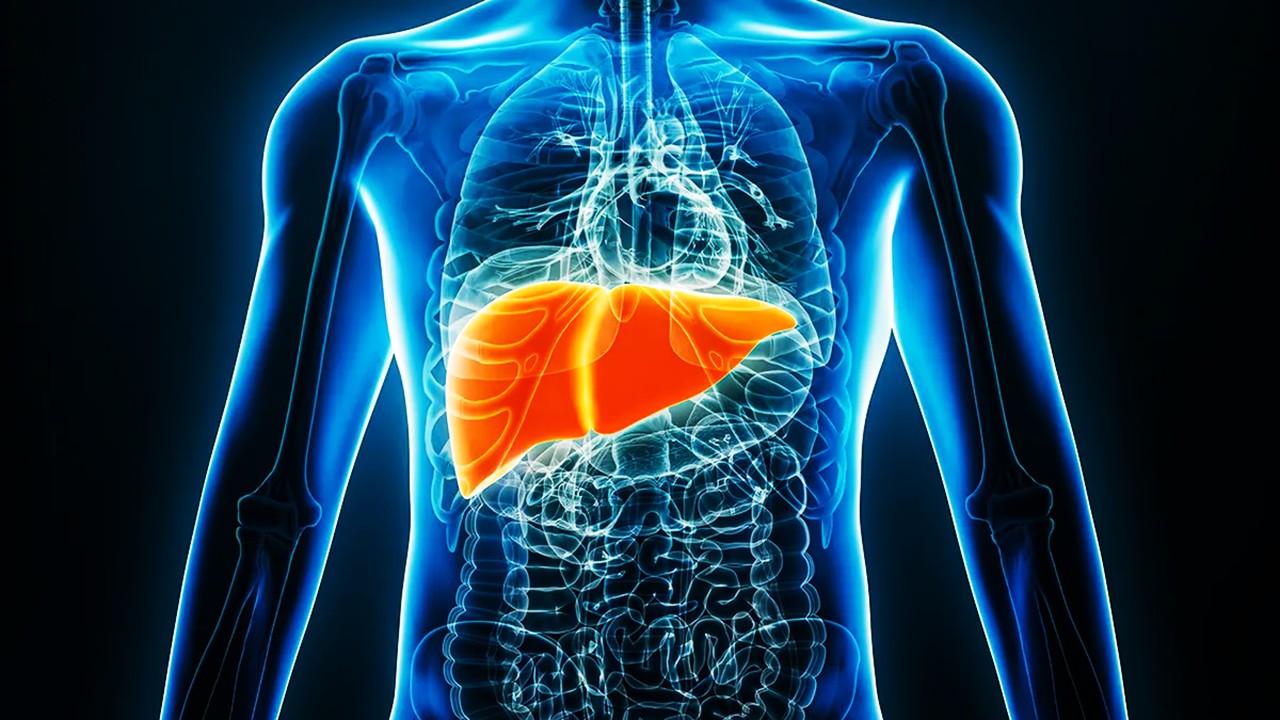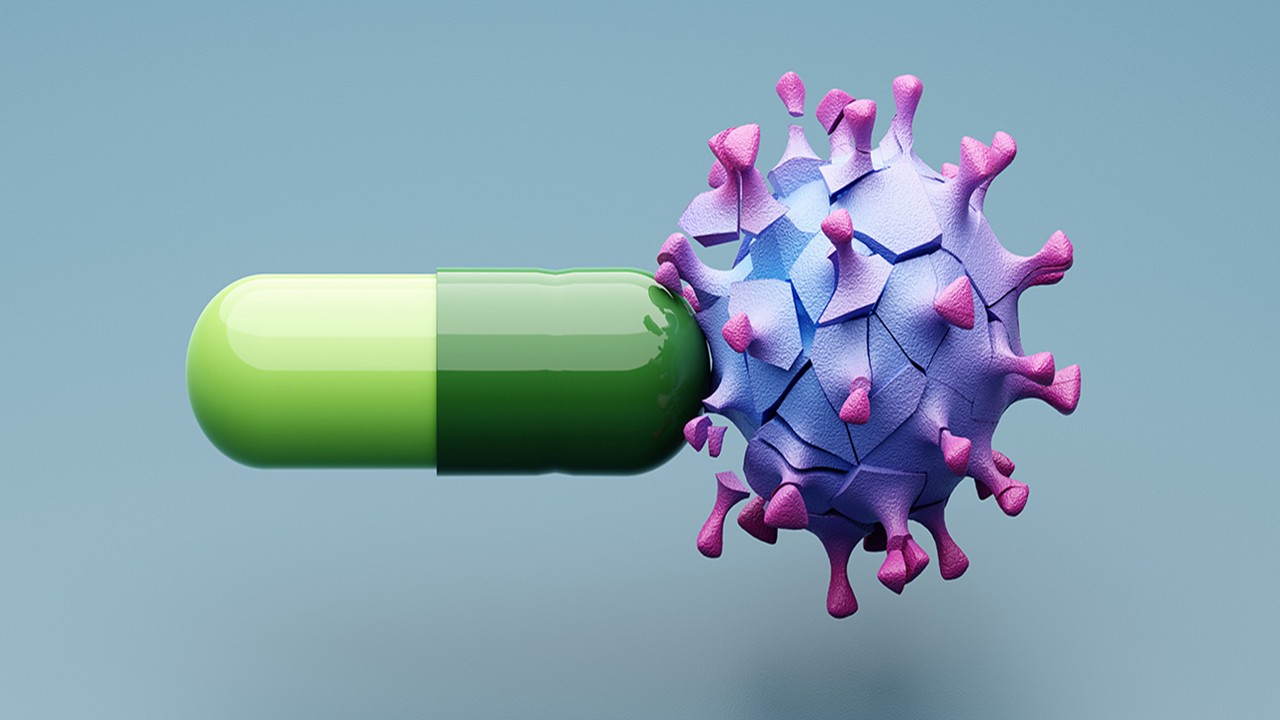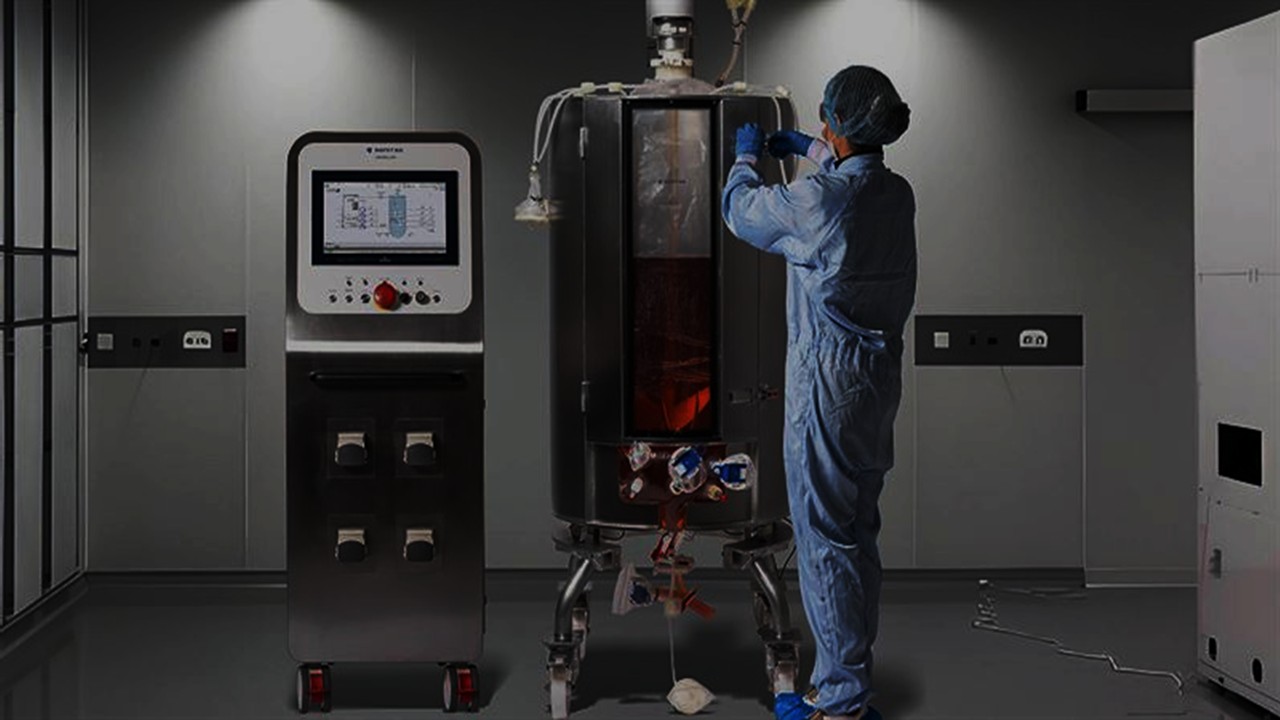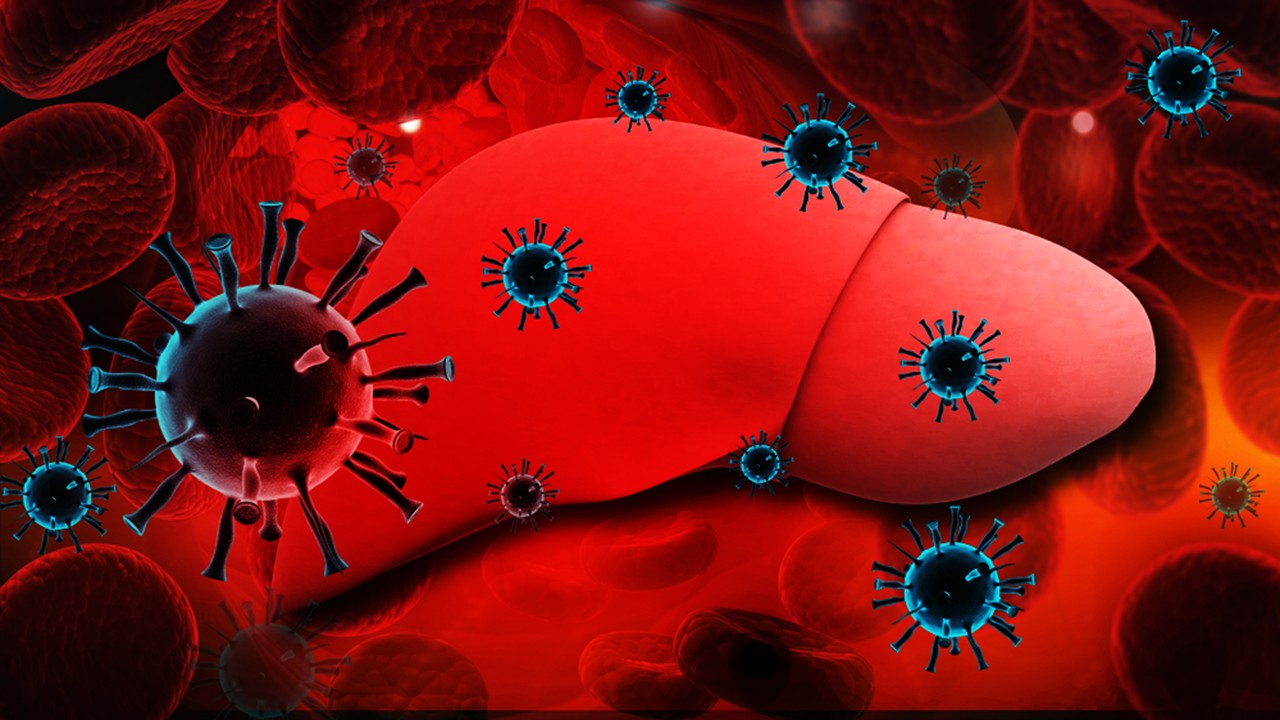Kelonia Secures $50m in Series A for its In Vivo Gene Delivery Technology
28-Apr-2022
Kelonia Therapeutics launched today after a successful Series A financing round, having raised $50m. Kelonia’s central mission revolves around overcoming the established challenges of in vivo gene delivery – complexity, prohibitive costs, temporary therapeutic benefits and toxicities that limit efficacy. Kelonia seeks to move past these challenges with precise, off-the-shelf products – backed by investors such as Horizon Ventures, Venrock, Alta Partners and others. This is achieved through the use of a number of lentiviral vector-like particles with finely tuned targeting systems for the delivery of therapeutics, limiting off-site adverse effects. Their first venture will be in Chimeric Antigen Receptor T-cell (CAR-T) therapies for hematological malignancies. The company hopes to eventually expand to other fields beyond oncology and target harder-to-reach tissues – such as the CNS, kidneys and muscles. The venture exhibits the potential of industry-academia collaborations which seek to capitalize on cutting-edge academic research, as noted by Kelonia Co-Founder Dr. Birnbaum:
“It turns out, a relatively simple and elegant idea to de-target and redirect lentivirus-like particles based on recently published research from my lab can potentially provide a solution to in vivo gene delivery. I’m incredibly excited about the potential of Kelonia’s platform and team to vastly expand the utility of gene therapies to treat oncology, autoimmune disease, rare monogenic or other diseases currently intractable to gene therapies.”
AbbVie and Plexium Joint Venture for Protein Degradation in Neurology
28-Apr-2022
Plexium announced a new partnership with pharma giant AbbVie, with a focus on developing targeted-protein degradation therapeutics for neurological conditions. As part of the deal, Plexium will conduct preclinical research activities for the collaboration targets – with AbbVie maintaining the option to select additional programs for research and development. Although financial terms were not disclosed, Plexium received an upfront cash payment and will be eligible for milestone and royalty payments. Plexium CEO, Percival Barretto-Ko, highlighted the importance of the partnership in advancing novel protein degradation modalities in hard-to-treat fields such as neurology:
“Our partnership with AbbVie allows us to strengthen our leadership position in Targeted Protein Degradation and broaden our best-in-class capabilities into neurological diseases. Neuroscience is one of the most challenging therapeutic areas to develop new drugs, due to the complexity of the disease pathologies and limited number of modalities that have been successful. With our comprehensive platform and AbbVie’s expertise in this area, we are in a strong position to discover novel degraders against multiple high-value targets to ultimately improve the lives of patients.”
GE Healthcare and Medtronic partner for patient care
28-Apr-2022
GE Healthcare has signed a deal with Medtronic to increase its outpatient care capabilities. The partnership will focus on Ambulatory Surgery Centers and Office Based Labs – reflecting the increased need for a more diverse health infrastructure. Particularly as a consequence of the COVID-19 pandemic, access to healthcare solutions in a more decentralized manner will remain a pivotal concern for consumers – and providers seek to capitalize on that. However, such services come with considerable costs – and the partnership is aimed at alleviating these through high-quality, cost-effective technologies. Adam King of Medtronic highlighted the importance of following business trends as they focus on areas of provision beyond the hospital:
“As our customers open centers outside of the hospital, they are looking for support beyond the devices used in medical procedures. From products and devices to equipment and services, we provide a full range of technologies and solutions. Our collaboration with GE Healthcare was formed to better serve the growth of our ASC and OBL customers with extensive technologies and dedicated teams who have expertise in outpatient services and can address all aspects of this evolving sector”
GC Biopharma to advance Vaccines with LNP Tech from Acuitas Therapeutics
28-Apr-2022
Acuitas Therapeutics, a firm working on Lipid Nanoparticle (LNP) technology, announced a new collaboration with GC Biopharma. As part of the agreement, GC Biopharma will receive non-exclusive use of the technology for up to four undisclosed targets. GC has been working on developing its mRNA vaccine platform since 2017, and will seek to accelerate that work with LNP delivery mechanisms. Lipid nanoparticles have shown tremendous promise in mRNA and siRNA delivery, having been used in mRNA vaccines for COVID-19. The technology overcomes one of RNA’s traditional weaknesses – persisting long enough in the organism to reach their target. EC Huh, President of GC Biopharma, emphasized the importance of the technology for vaccine development:
“This agreement allows us to explore more projects for improving patient’s lives. We are striving to introduce various modalities that can be applied to the development of new prevention and treatment options.”
Heat Biologics Acquires of Elusys Therapeutics
20-Apr-2022
Heat Biologics completed its acquisition of Elusys Therapeutics earlier this month, in a move that sees it expand its portfolio of immune-related products. Heat Biologics aims to construct a platform through which it can counter emerging threats – making the acquisition of Elusys an obvious choice in this regard. Elusys brings with it ANTHIM (obiltoxaximab), a treatment approved for use against inhalation anthrax. Additionally, Elusys has already secured $350m in research and development grants, contracts and procurement orders from the US National Stockpile and the Biomedical Advanced Research and Development Authority. In a move that further recognizes the biodefense capabilities of the companies, Elusys recently received a procurement contract to supply CAD$7.9m worth of obiltoxaximab to the Canadian government. Jeff Wolf, Heat Biologics CEO, highlighted the move as a validation of their acquisition and growth strategy:
“We are excited to announce this first international contract to supply ANTHIM to Canada, which is particularly timely given the growing global geopolitical uncertainty and emerging threats. This agreement follows our recent acquisition of Elusys, which complements our broader biodefense initiatives. We are focused on expanding sales of ANTHIM, abroad and this first international contract is an important validation of our strategy.”
Coeptis Therapeutics to Merge With Bull Horn in SPAC Acquisition
20-Apr-2022
Coeptis Therapeutics recently made public that it will become a wholly-owned subsidiary of Bull Horn. As part of the agreement, Coeptis will merge with a wholly-owned subsidiary of Bull Horn, with the final company assuming the name of Coeptis Therapeutics Holdings with the intention to list on the NASDAQ as COEP. The combined company will be led by the current CEO of Coeptis, David Mehalick, as President and CEO. The merger is expected to accelerate Coeptis’ cell therapy platform, providing fresh investments and outlooks for the company. Their current lead candidate, CD38-GEAR-NK, is a natural killer cell therapeutic which seeks to augment monoclonal antibodies in combination therapies. In addition to that, Coeptis is co-developing an in vitro diagnostic for assessing monoclonal antibody response likelihood in CD38-related cancers, in partnership with VyGen-Bio. David Mehalick highlighted the importance of the move in a forward-looking statement:
“Today’s announcement is a key milestone for Coeptis as it gains access to the capital needed to advance our product portfolio highlighted by CD38-GEAR-NK and CD38-Diagnostic. The combination of CD38-GEAR-NK and CD38-Diagnostic has the potential to provide a more targeted administration of anti-CD38 mAbs in the treatment of cancers, including multiple myeloma, chronic lymphocytic leukemia, and acute myeloid leukemia. I would like to thank all those involved in achieving this milestone, including Bull Horn, Bridgeway Capital Partners, our existing and new investors, and the entire Coeptis team.”
Subscribe
to get our
LATEST NEWS
Related Posts
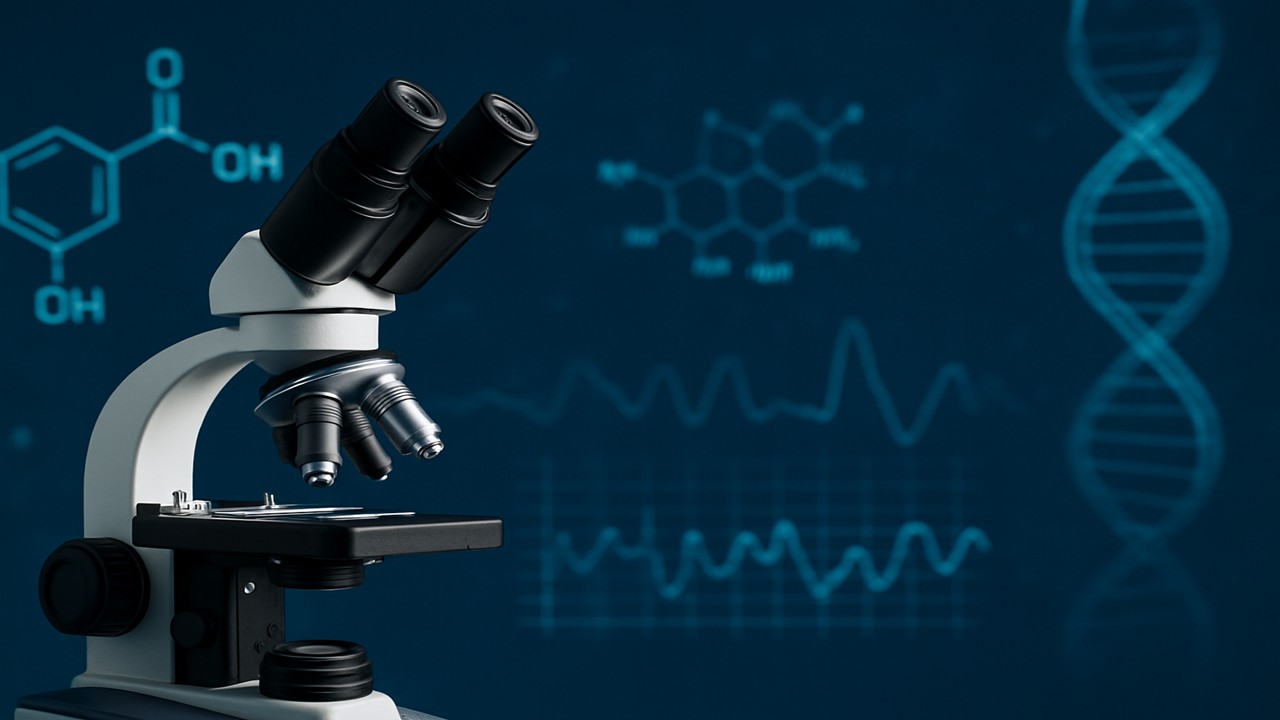
Leadership, Trends & Investments
Where Strategy Meets Science: Inside Proventa International’s Life Science Roundtables
Proventa International’s expert curation of strategy meetings is quietly shaping the future of biotech and pharma, one roundtable at a time.
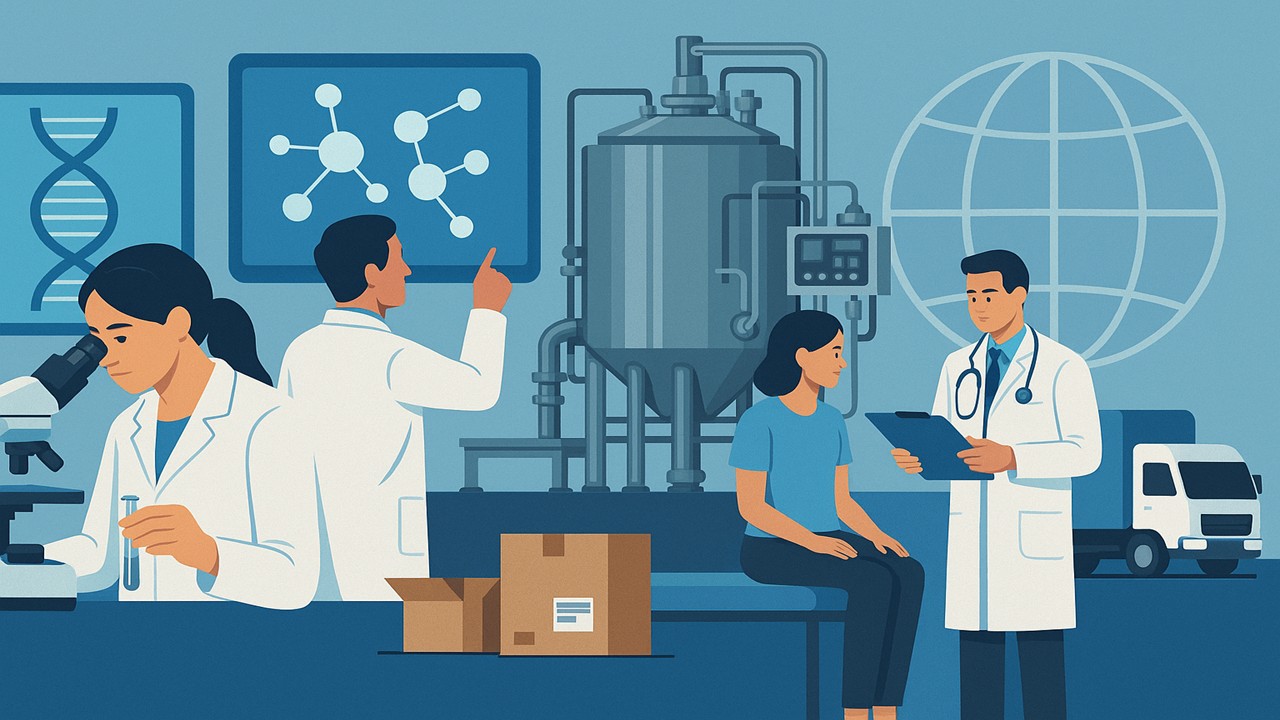
Leadership, Trends & Investments
Bridging Lab, Clinic, and Supply: The New Era of Pharma Operations
No More Silos: Integrating Science and Supply In a pharmaceutical landscape transformed by pandemics and personalized medicine, the walls between lab research, clinical trials, and logistics are coming down. A decade ago, teams handling Chemistry, Manufacturing, and Controls (CMC) focused on producing compounds after clinical success, while clinical operations (ClinOps) ran trials largely in isolation. […]
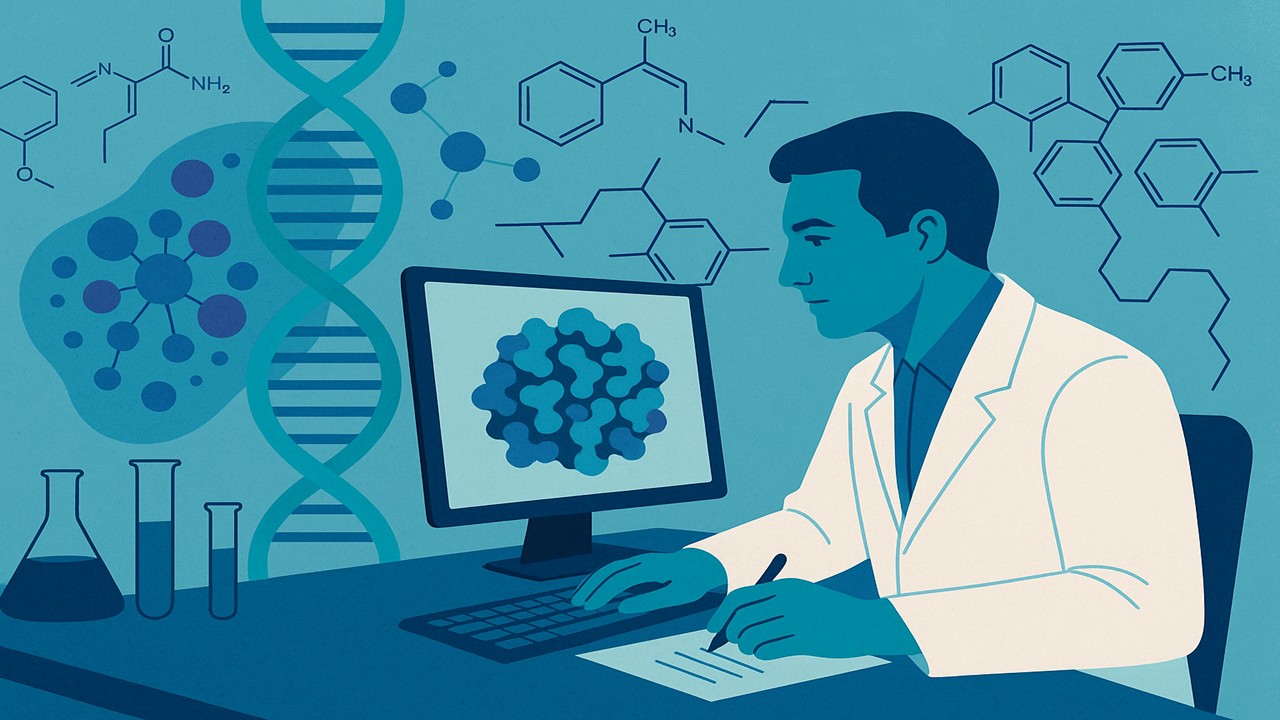
Leadership, Trends & Investments
Chemists, Code, and Cures: The New Era of Drug Discovery
The Evolving Landscape of Drug Discovery In a gleaming pharmaceutical lab in 2025, a medicinal chemist might spend the morning reviewing molecular designs suggested by an artificial intelligence and the afternoon discussing genetic screen results with a biologist. The search for new medicines has evolved into a high-tech endeavor that would have seemed like science […]
Read More Articles
Mini Organs, Major Breakthroughs: How Chemical Innovation and Organoids Are Transforming Drug Discovery
By merging chemical innovation with liver organoids and microfluidics, researchers are transforming drug discovery into a biologically precise, patient-informed, and toxicity-aware process.
Tetravalent Vaccines: The Power of Multivalent E Dimers on Liposomes to Eliminate Immune Interference in Dengue
For the first time, a dengue vaccine candidate has demonstrated the elusive trifecta of broad coverage, balanced immunity, and minimal enhancement risk,




